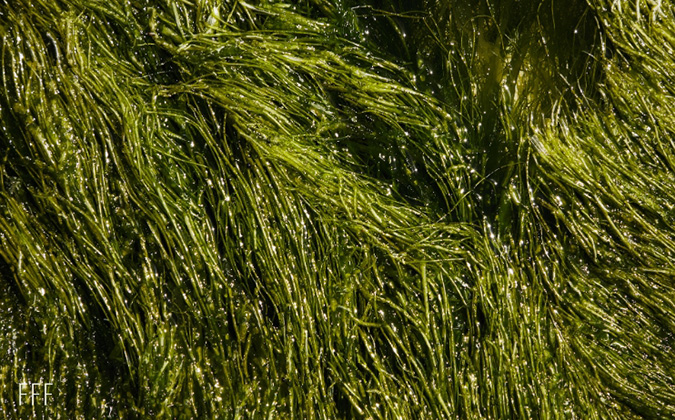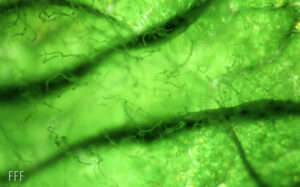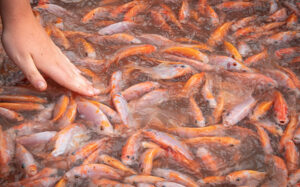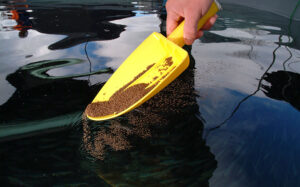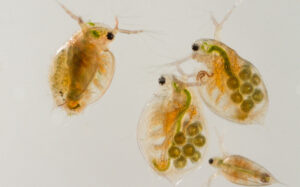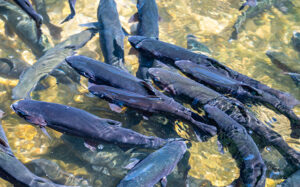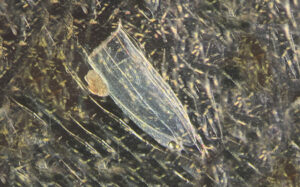Feed & Nutrition
Microalgae found to boost broodstock and fry performance
Scientists have found that feeding Nile tilapia broodstock a diet including a type of microalgae can improve fertility, immunity and performance.
Alternative, ethical and locally sourced feeds can help shape the future of sustainable aquaculture
Dr. Daniel Merrifield from University of Plymouth, who leads a team which has published extensive work analyzing new feed ingredients and has helped the industry bring new products to market, shares his vision of a greener, more ethical future.
Probiotics help tilapia grow and fight disease, say scientists
Feeding Nile tilapia probiotics leads to improved health and performance, according to work analyzing research to date.
Fishmeal substitute made from zooplankton could boost tilapia growth and health
A feed made from the zooplankton daphnia boosted growth rates of red tilapia fry when used as a partial replacement for fishmeal, but too much daphnia had the opposite effect.
Yeast could aid shift away from fish-based diets in rainbow trout aquaculture
Torula yeast could be a promising option for inclusion in non-fishmeal feeds, with scientists finding links to production and immune improvements in a study using rainbow trout.
Data and feed helping tackle some of Europe’s prevalent fish-health threats
A Europe-wide project is helping establish new approaches to tackle economically important parasites and pathogens, both in the Mediterranean and Norway.
Tackling jellyfish blooms affecting farmed fish in the British Isles
Tiny jellyfish have contributed to cases of gill disease in farmed Atlantic salmon in Scotland and Ireland in the past year, but early recognition and maintaining good general gill health are key to reducing the threat.

